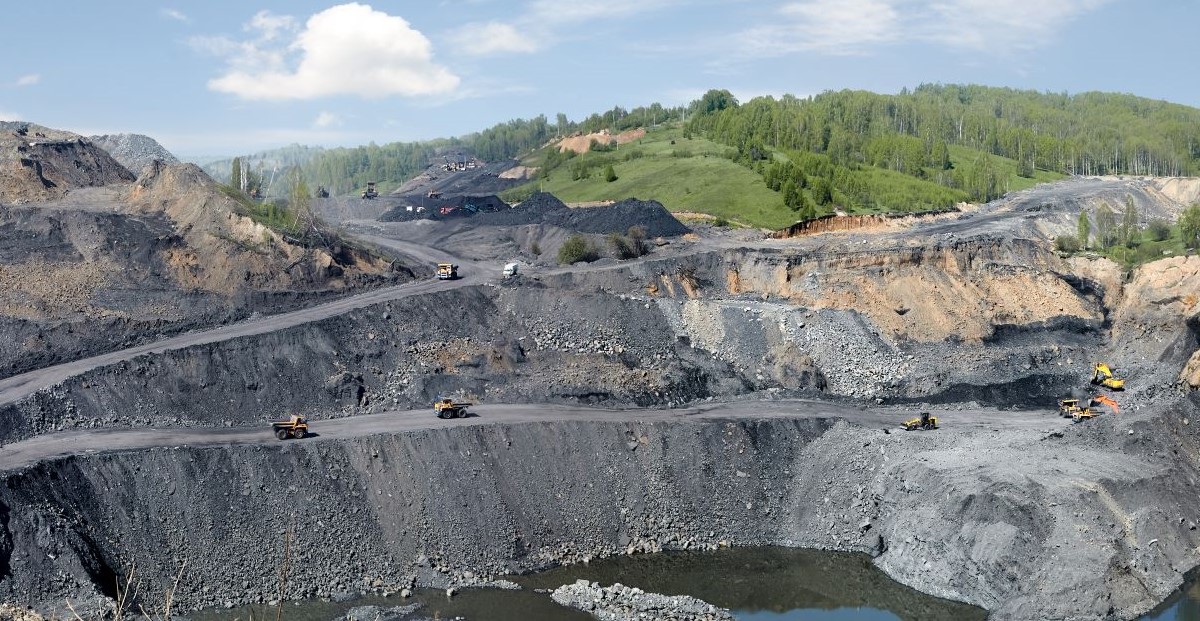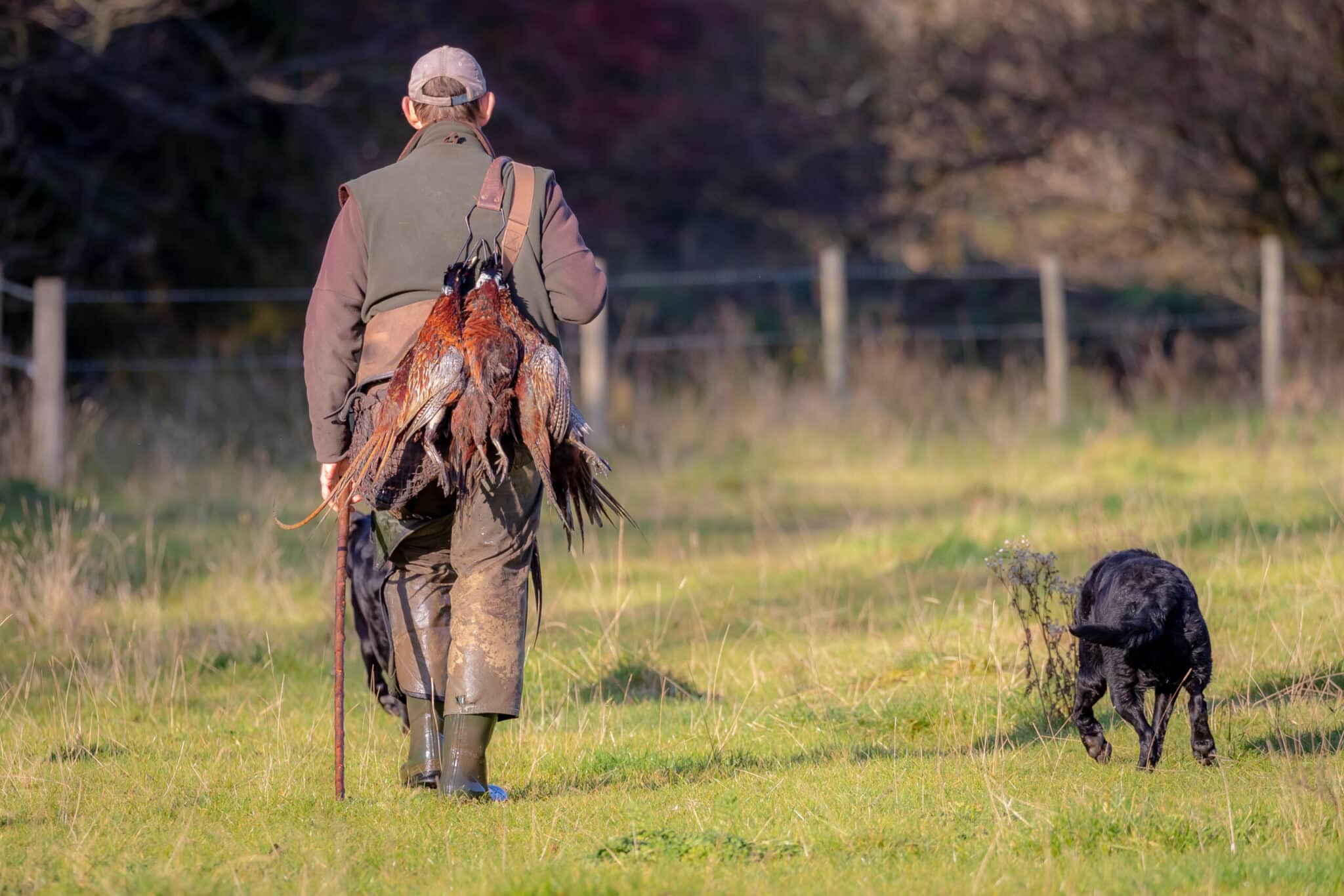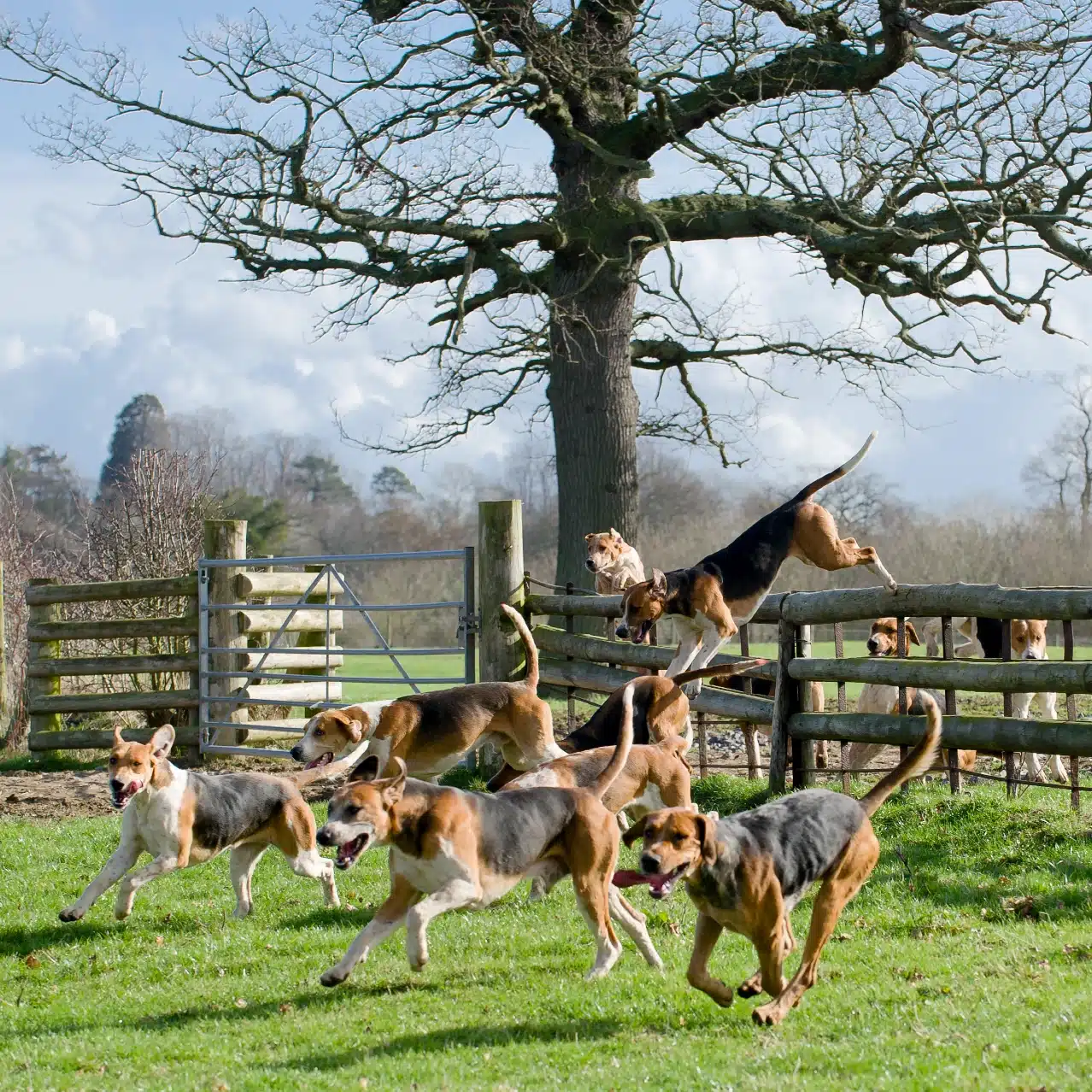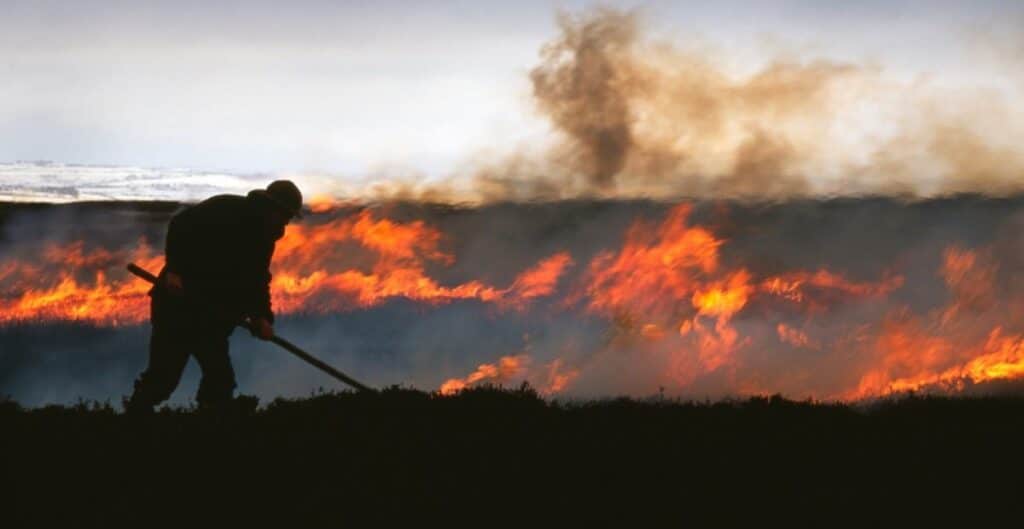Headline statistics from the 2022 Biodiversity Conference (or COP15), which starts in Montreal today, are shocking.
Over 1 million species are on the brink of extinction (an under-estimate as no-one knows how many species there actually are). Species are dying off at a frequency rate 1,000 times higher than before the arrival of humans. Wildlife populations have plunged by an average of 69% between 1970 and 2018. Almost 40% of the world’s land surface is now farmed. Of all the mammals on the planet, farmed animals comprise 60%, humans 36% and wild animals just 4%. The global insect population has declined by 25% within the last 30 years. 49% of all bird species are declining, and one in eight is threatened with extinction.

Our story here in the UK is no different. 80% of the country is farmed. In 2020, the equivalent of 56,000,000 football pitches worth of land was treated with pesticides. We’ve caused the loss of 19 million breeding pairs of birds since the late 1960s. We are now one of the most nature-depleted countries on Earth.
Habitat loss is a significant driver of this depletion. The loss of land that other species depend on. Changes at the landscape scale – we have no ‘wilderness’ (natural environments that have not been significantly modified by human activity) left – and piecemeal, bit-by-bit changes like chopping away an ancient tree for a new railway, demolishing yet another badger sett for our housing, ‘improving’ our garden by’ tidying it up’.
Our rivers and coastlines are drowning in human waste. We’ve treated our seas like a vast rubbish tip. In the midst of a climate crisis our government has proposed opening the first new coalmine in a generation. The mantra of ‘Growth, growth, growth’ still echoes off the walls of Parliament.
Most of us know the causes of what is – without exaggeration – a threat to all life on this planet. Our behaviour. The way we unwaveringly put our ‘needs’ (in reality, ‘wants’) first.
Many of us are doing our best. We have changed what we eat, what we wear, what we use. Yes, we recognise that it’s not enough, but we are trying. We are lied to, lobbied against, and denied ways to protest, but we are trying. At least some of us are…
Still not listening…
There seems to be a small proportion of our country that doesn’t seem to be listening or trying at all. Despite their appalling record of stewardship – and all the data proves that is not an exaggeration – the narrative the public is still drip-fed is that unless our ‘land managers’ are allowed even more control things will get worse.

Despite the crises that are unfolding right in front of us all, hundreds of hunts go out every week as if they were somehow immune to the world (and laws) around them, trampling protected sites and trespassing on nature reserves, sailing through life on an unwarranted belief that whatever they do is okay and the rest of the world just doesn’t understand. Shooters are still releasing and slaughtering vast numbers of pheasants (while avian flu decimates wild birds), shrugging as our birds of prey are quietly eradicated, shooting down birds like Woodcock that have been Red-listed because their populations have declined so far and for so long they are at risk of disappearing entirely.
Hunting and shooting may seem trivial alongside globally existential issues like climate change and biodiversity loss, but Protect the Wild would argue that essentially they are all part of the mindset that has dragged us to where we are now. Exceptionalism, a wilful blindness to reality, an arrogance that anyone who disagrees is simply wrong. Of course we care (deeply) about the cruelty, the pain, the waste of life these ‘hobbies’ inflict on our wildlife, but that is heightened by the sense that these people won’t change, don’t care to change, and will just carry on because they want to and to hell with the rest (the majority) of us.

10:10:80
Grassroots organisations like ours work to ‘change the narrative’. Work to change the way we think about nature, wildlife, and how we interact with the world around us. It’s why, for example, when we write posts we don’t call animals ‘it’. It’s why we say we won’t use terms like ‘gamebird’. Why we won’t fiddle around the edges but are unequivocal and consistent.
We know that not everyone is going to be receptive to what seems blindingly obvious to so many of us. It’s why we don’t waste our energy arguing with bloodsports lobbyists or social media trolls. It’s why we talk about, for example, building a movement to take on the shooting industry. There is still a vast number of people who have never heard our arguments before (the 80% in the ratio above). Imagine how different the world would look if they can be reached. If the lobbying pushed for so long by our legislators and national media were effectively countered.

